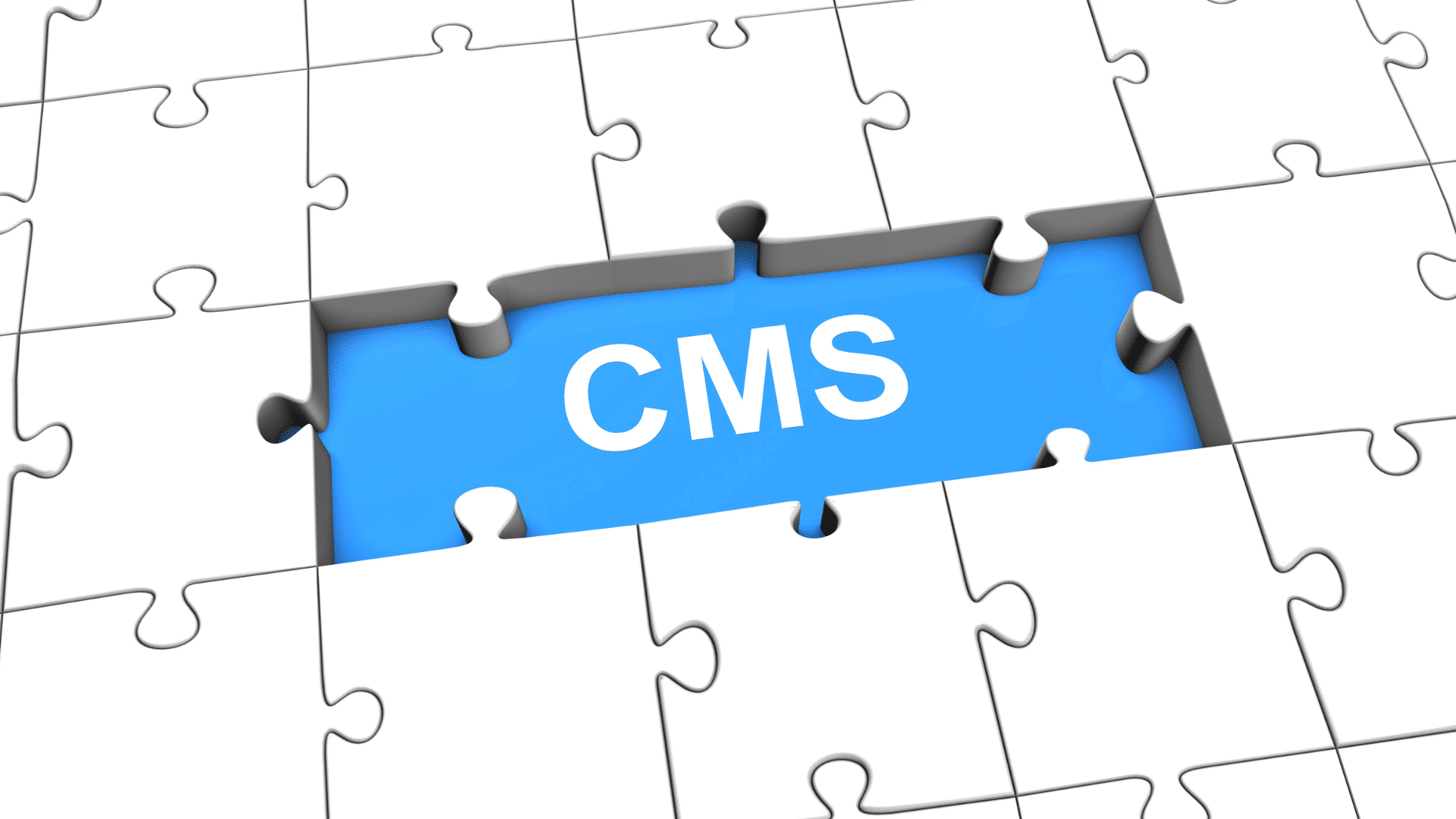As the demand for quality healthcare services increases, clinics are under more pressure than ever to streamline operations and deliver efficient patient care. This is where a clinic management system comes in – a powerful tool that can automate routine tasks, simplify complex workflows, and also provide valuable insights to help clinic staff make informed decisions.
By implementing a clinic management system, clinics can enhance their operations and provide a seamless patient experience. Therefore, this article will explore how a clinic management system can benefit clinics and improve their operations.

Table of Content:
Table of Content
What is a Clinic Management System?
A Clinic Management System (CMS) is a software tool that is designed to help healthcare providers, such as clinics, hospitals, and medical practices, manage their daily operations more efficiently. The system is built to automate routine tasks, simplify complex workflows, and provide valuable insights that can help clinic staff make informed decisions.
A typical CMS includes various features such as appointment scheduling, patient management, electronic medical records (EMR), inventory management, billing and accounting, and reporting and analytics. These features can also help clinics streamline their operations and improve patient care by providing a centralized platform for managing all aspects of the clinic’s day-to-day operations. Clinic management systems can significantly enhance clinic operations, and when combined with clinical data abstraction, they offer further opportunities for quality improvement by transforming raw medical records into meaningful information that improves patient outcomes.
Clinic Management System Advantages
Healthcare providers are under increasing pressure to deliver high-quality patient care while managing their daily operations efficiently. Therefore, this is where a Clinic Management System (CMS) can help. CMS is a powerful software tool that can automate routine tasks, and simplify complex workflows. In addition, provides valuable insights to healthcare providers. Here are other advantages that a CMS gives:
Electronic medical records of the patients
Clinic management systems typically include an electronic medical record (EMR) feature, which allows healthcare providers to store patient data in a digital format. Unlike paper records, digital records do not deteriorate over time, reducing the risk of data loss. Illegible handwriting can also be a significant issue with paper records, especially in a busy clinical environment where time is limited.
Easy appointment and scheduling control
The clinic management system simplifies appointment and scheduling management by allowing clinics to book, reschedule, and cancel appointments with ease. Patients can also book appointments online, reducing phone calls and wait times. Additionally, this feature ensures that patients are seen promptly, leading to better patient satisfaction and improved clinic productivity.
Inventory and medical tools management
Clinic management systems also track and manage medical tools and inventory. Ensuring that clinics have the necessary equipment and supplies to provide quality care to patients. The system can alert clinics when supplies are running low, making it easier to order and restock.
Automated billing with clinic management system
By implementing an automated billing system, clinics can minimize the risk of errors and ensure timely payment for the services they provide. With a well-designed system in place, invoices and receipts can be generated seamlessly, streamlining the billing process for both the clinic and the patients. This can help to improve the clinic’s financial management and patient satisfaction. Modern solutions can also minimize billing mistakes. For instance, Updox’s advanced charge capture system frees practices from the need to rely on the inconsistent manual methods that were common in the past.
Cloud document storage
A CMS allows clinics to store and access documents securely in the cloud. This reduces the need for physical storage space and minimizes the risk of document loss or damage. The system can also provide access to documents remotely, allowing healthcare providers to access critical information from any location.
Benefits of Clinic Management System
Clinic Management Systems (CMS) have revolutionized the healthcare industry by providing healthcare providers with advanced tools and features to manage their practices efficiently. The implementation of a CMS can offer significant benefits to healthcare providers, such as:
Create an excellent experience for patients
Clinics can provide a seamless patient experience by streamlining operations, with the help of CMS. Additionally, they can reduce wait times, and improve communication between patients and healthcare providers. This also leads to higher patient satisfaction rates and increased loyalty.
Automated stored health report
A CMS enables healthcare providers to store and manage the electronic medical records of their patients securely. In addition, this ensures that critical patient information is readily available to healthcare providers at any time and from anywhere. This feature also eliminates the need for paper records, reducing the risk of document loss or damage.
Boost clinic and staff productivity
CMS can automate routine tasks, such as appointment scheduling, billing, and inventory management, allowing healthcare providers to focus on patient care. This increases clinic and staff productivity, leading to improved patient care and increased revenue.
Easy administration process
The clinic management system simplifies administrative tasks, such as appointment scheduling, billing, and inventory management, reducing the time and effort required to manage them. This feature allows healthcare providers to focus on providing quality patient care.
Reduce risks of error with clinic management system
By automating routine tasks and providing real-time updates on patient information, appointments, and test results, a Clinic Management System (CMS) reduces the risk of errors. Therefore, healthcare providers can rely on accurate and up-to-date information, enabling them to make informed decisions and provide better patient care.
Conclusion
In today’s technology-driven world, the implementation of a Clinic Management System has become increasingly important. With the help of a CMS, healthcare providers can automate routine tasks, such as appointment scheduling, billing, inventory management, and more, freeing up their time to focus on providing high-quality patient care.
HashMicro offers a comprehensive Clinic Management System that is customizable to meet the specific needs of healthcare providers. With its user-friendly interface and advanced features such as electronic health records, inventory and medical tools management, automated billing, and cloud document storage. Try a free demo today!







































